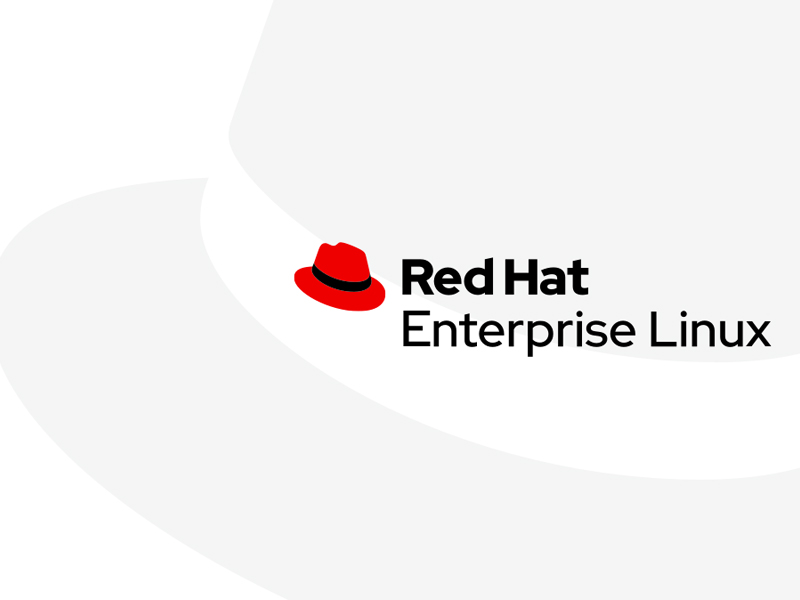Until now, developers who are part of the Red Hat Developer program had the option of getting RHEL for free, but with one important limitation: they could only use one machine. The company has revised the terms of this initiative so that they can use their free RHEL subscription for up to 16 systems in production, whether they are servers or desktops.
This free extended edition of RHEL can also be used in the major public clouds, including AWS, Google Cloud Platform, and Microsoft Azure. In this case, you will only have to pay the usual rates of the chosen provider.Another aspect of its developer program that has been changed is the ability for a client’s development team to join the developer program to take advantage of its benefits. Previously, only a single developer could join. By removing this limitation, they help RHEL become the development platform for the entire organization.
Red Hat has decided to introduce these changes after analyzing the feedback from the community following the announcement made last December about the end of support for CentOS Linux in favor of CentOS Stream at the end of this year 2021.
To satisfy the rest of the CentOS Linux use cases, they will release another update in mid-February. In the meantime, they invite users to send them their comments and suggestions via [email protected].
See all the information about this announcement in this Red Hat blog post: New Year, new Red Hat Enterprise Linux programs: Easier ways to access RHEL







0 Comments